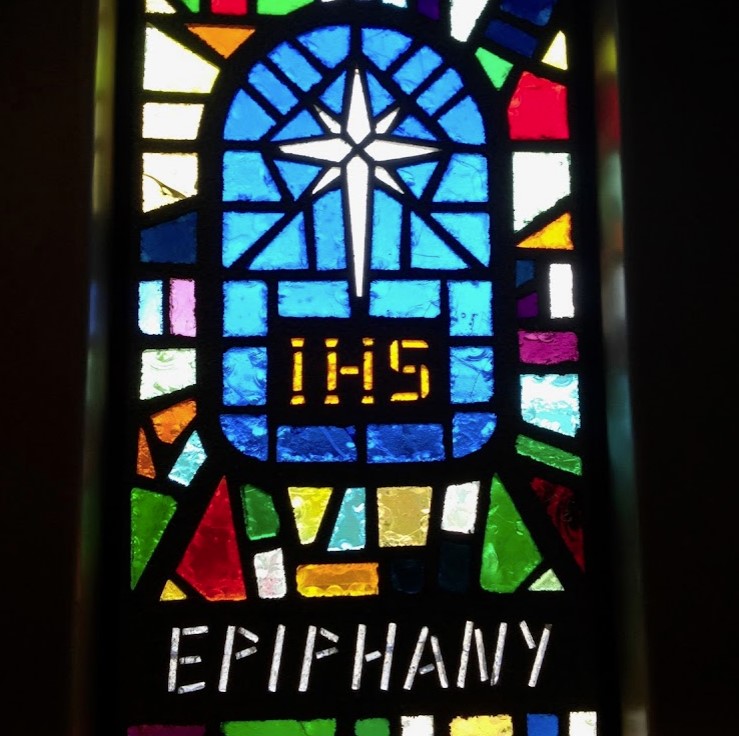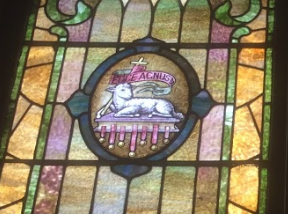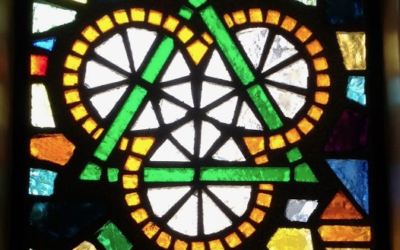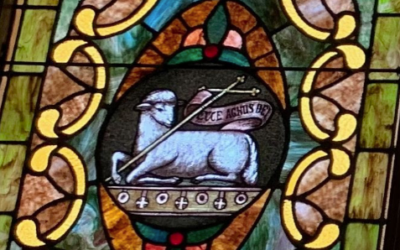Epiphany – The Savior is for All People
Watch the service

Read the sermon
Kneel Before The King
Why kneel? Whether you study history or watch movies, why to people kneel before a king? Sometimes it’s even more strange. People don’t just kneel. They fall flat on their faces. Why? The answer is: Safety. Kings were at risk. Kings were always at risk at having someone stab them and take over the throne. It’s hard to stab someone when you are flat on your face. But there’s another answer: Humility. People kneel before a king because they recognize that that king is in a higher station than they are. Today, we have the invitation to kneel before a king. Psalm 72 invites us to do just that. In the opening verse of the psalm we read these words: “Endow the king with your justice, O God, the royal son with your righteousness.” (Psa. 72:1 NIV11-GKE)
These words give us the context of the psalm. It is a psalm and prayer for the king. At first we might think the king that we are directing our attention to is Solomon, the son of David. But in the words that follow we see very quickly that there is a different king God has in mind: “8 May he rule from sea to sea and from the River to the ends of the earth. 9 May the desert tribes bow before him and his enemies lick the dust. 10 May the kings of Tarshish and of distant shores bring tribute to him. May the kings of Sheba and Seba present him gifts. 11 May all kings bow down to him and all nations serve him.” (Psa. 72:8–11 NIV11-GKE)
The king God invites us to kneel before is not Solomon. How do we know? The king here rules far and wide. And he rules forever. Solomon had a fairly small kingdom. I was wealthy. But it was small. And it was not forever. Very quickly we see that the king spoken of here is Jesus. He rules over all kingdoms and forever.
But even as we realize this we are invited to ask questions about this king? The first is: who kneels before this king? And the answer God’s word gives us is that everyone is invited to kneel before this king. But God goes about explaining this to us in a very unique way. All those who are far away geographically, ethnically, socially, and spiritually—these are the ones God invites to kneel before Jesus as king. Look at the imagery and poetry. Picture yourself living there in Israel. Who is it who kneels before this king? Those who live far to the south in the dry and dusty desert. It’s those who live in the islands far to the west—even as far away as Tarshish—even to the ends of the earth.
We see these words fulfilled with the wisemen. Whether there were two or twenty wisemen who showed up to kneel before the baby king, Jesus, we don’t know. But what we do know is that they were far away: geographically, socially, and spiritually. They were not Jews. But they travelled from afar to kneel before this king.
And, my friends in Christ, there is such meaning and hope in these words for us today. For God allows and invites those who are far off to kneel before the king. And isn’t it so true that hwy 19 is so very far away from Israel? There is nothing in us here on the cold prairie of MN that God would choose us or cherish us. Hwy 19 just isn’t worth it. But, in an amazing display of his undeserved love towards us, let lets and allows us who are so far away to kneel before him. And so the question, who is the first question is answered: those who are far away. But the next question we have an answer to is why. Why would we willingly kneel before this king? “12 For he will deliver the needy who cry out, the afflicted who have no one to help. 13 He will take pity on the weak and the needy and save the needy from death. 14 He will rescue them from oppression and violence, for precious is their blood in his sight.” (Psa. 72:12–14 NIV11-GKE)
King Solomon could not help those in far off lands. But this king could. We are far off and we have no help. We need food, shelter, and clothing. And out of his amazing kindness towards us, he gives us all of these earthly blessings—whether we thank him for it or not. But there is another bigger, more important way we are without help. What help do we have against the world, our sinful flesh, and the Devil? How many times has the Devil lied to us and we listened? How many times has our sinful flesh wanted us to be deceived? And we gave in. We put other people and priorities above King Jesus in our lives. We lied. We coveted. We ignored this king rather than setting aside time to kneel before him. And yet Jesus does for us what we are helpless to do for ourselves. Jesus grows up day after day keeping God’s law in our place. And then, finally, Jesus dies and pays for all these sins we cannot pay for. We are helpless. But Jesus is our Savior.
And the last of these words we dare not overlook. We are precious in his sight. There is nothing of worth or value in that God would choose or cherish any of us here on Hwy 19. But he does. And that answers the question: how do we know? How do we know that we are chosen and cherished in God’s sight? How do we know that our sins are forgiven since we cannot help ourselves? Look at this little toddler in the same way the wisemen did. They were there to kneel before him for this little child could help them. And he was the only one who could help them. They knew that their sins were forgiven and paid for by this child. And ours are too. And that leaves us with one last question: how. How do we kneel before this king? We read: “Long may he live! May gold from Sheba be given him. May people ever pray for him and bless him all day long.” (Psa. 72:15 NIV11-GKE)
We kneel before Jesus with offerings and prayers. Let’s talk about both of these this morning. In the New Testament we are not given a command to give a set amount of our money to the Lord. Instead an amount to give, God gives us an attitude to grow in. First, we give freely. The wisemen didn’t travel across the desert because they had to, out of coercion. Neither do we. We do not assign a bill to our members. Instead, God invites each of us to look at his grace given and shown to us. We are outsiders and foreigners. There is nothing worthy in us to be chosen or cherished. Yet in his grace, that’s precisely what he did. So we give to him freely. Second, we give to him our firstfruits. That is a word which describes our best. The wisemen gave to Jesus gold and expensive spices, not dirt and ashes.
So we kneel before our king with offerings, not to earn his favor, but to thank him for choosing us and cherishing us. But we also kneel before him in prayer. The wisemen had an amazing advantage, didn’t they? They could actually travel to Jesus. They would hunt him down and humble themselves before him. They could see him and worship him. And my dear friends in Christ, there will be a day when we will see Jesus face to face with our own eyes. But, how amazing it is to know that our king is not like Solomon. Solomon, even if he wanted to, could not hear the cares and concerns of those in the far off deserts and islands. But Jesus can hear us. And he can actually help us. So let us kneel before this king with offerings. But let us also kneel before Jesus with our prayers, here on Sunday and throughout the week. Let us pour out our sadness and sorrow; our joys and gladness. Let us bring them before our king. For in psalm 72 we have the immense privilige of seeing who gets to kneel before him: we who are far off do. We see why we kneel before him: he chooses and cherishes us. And we see the how. We have the amazing gift of thanking him with our money and approaching him with our prayers. Amen.



